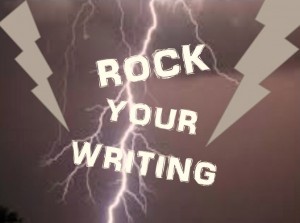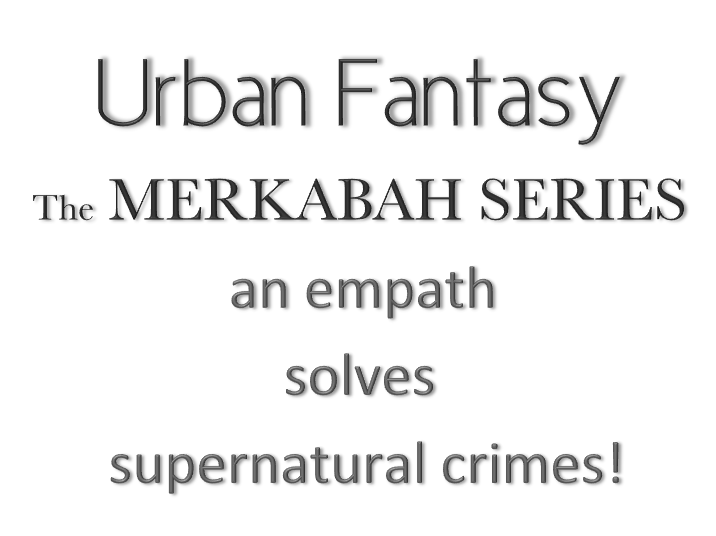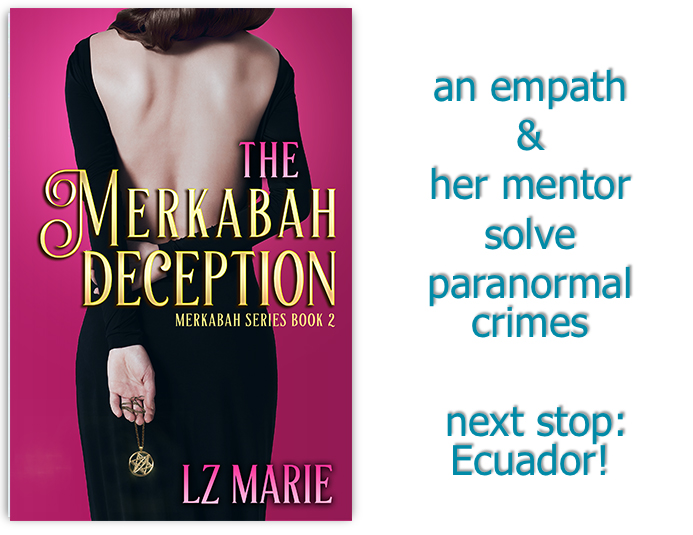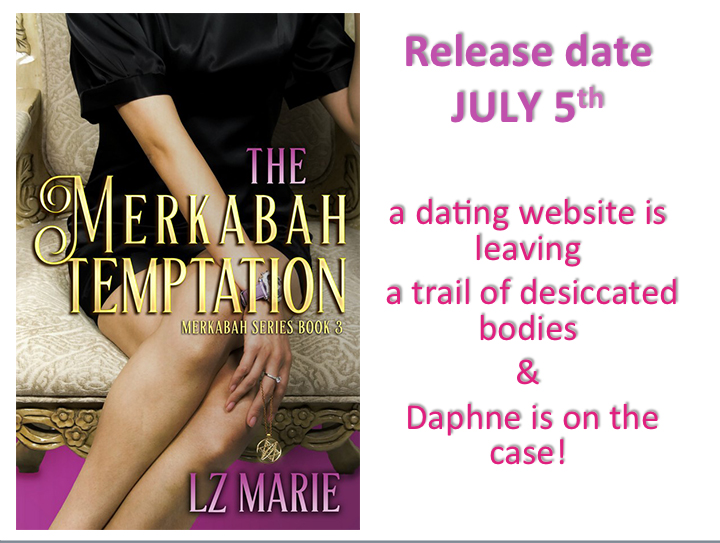 Weather is more than just the change of atmospheric conditions! It’s fraught with symbolism—especially bad weather.
Weather is more than just the change of atmospheric conditions! It’s fraught with symbolism—especially bad weather.
Need to portend a change? Use weather!
A few quick examples:
- The crack of thunder after a character’s ominous OR foreboding OR creepy statement
- Gathering rain clouds signal the brewing emotional storm of characters
- Rain and thunder and lightning means a homicidal maniac or demon from hell is unleashed upon the earth
- Rain, thunder & lightning suggests a bit of divine wrath or judgement is coming your character’s way
- Bad weather in every Shakespearean play signifies “something wicked this way comes”
Rain is never just rain! Snow is more than snow…and fog—oh, it’s misty with meaning…
Rain might be:
-
a plot device
-
the emotional or spiritual emotional cleansing or healing
-
a character’s drowning with despair—the rain acting as a metaphor for tearful emotions
-
a new life/new beginning/new outlook ( think: spring rain)
Other factors to keep in mind:
-
Is the rain gently sprinkling or pouring buckets?
- Spring rain or summer deluge?
-
Is it raining WATER? Because in Haruki Murakami’s Kafka on the Shore, it rains fish.
-
A freezing cold rain might mean the character’s spiritual rebirth is one of heartlessness OR they become numb to their emotional pain
-
A fresh spring rain symbolizes a fresh start or rebirth of life—life renewed
-
Does the character have an umbrella? is their face lifted to the sky, or do they protect themselves with a heavy raincoat?
-
Are they “singing in the rain?”
-
Does they become splattered with mud? Another symbolic smack in the face—the mud symbolizing their life/situation spotting/soiling/ruining their new spiritual/emotional cleansing.
Snow is also rife with meaning:
-
Light, fluffy flakes are symbolic of happiness and romance and good will toward men ( are you having flashbacks of every sappy Christmas movie you ever saw?)
-
A snow storm, on the other hand, can be romantic if the couple is trapped in a supply-filled cabin OR damn terrorizing if something or someone is stalking the character.
Fog always indicates confusion.
-
The character is “in a fog” about their life, a relationship, or a problem.
-
In Mary Shelley’s Frankenstein, Dr. Frankenstein tracks the monster in thick fog– a so-obvious-it’s-a-slap-in-the-face metaphor for the mental confusion he feels about his responsibilities. The crazier the Dr. becomes, the more fog. Once in the fog, Dr. Frankenstein loses his way both psychologically and morally, the fog acting as an atmospheric indicator of both psyche and soul.
So before writing “it was a dark and stormy night” you might want to consider the implications of the weather.
And don’t forget, a bit of well-placed IRONY throws ANY of this into a tailspin!
Have fun getting your character’s wet!
Related Links: Rock Your Writing;














